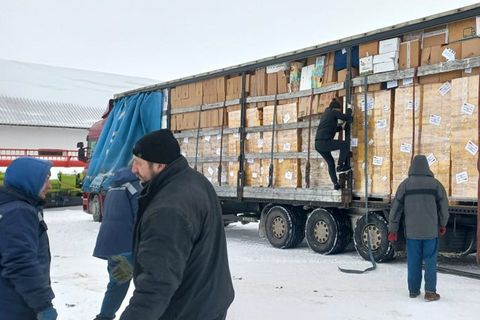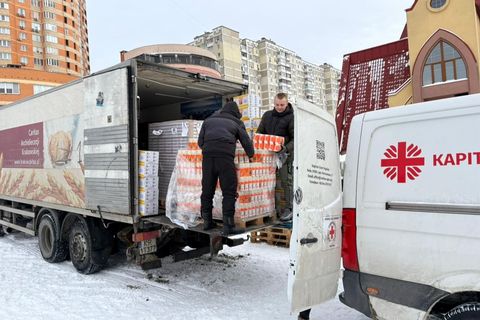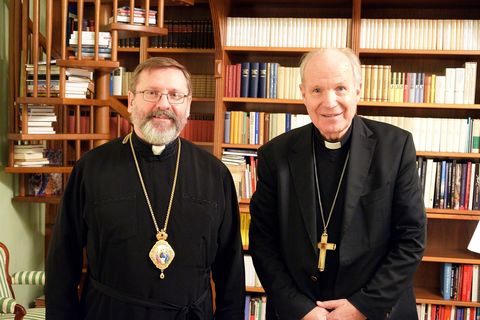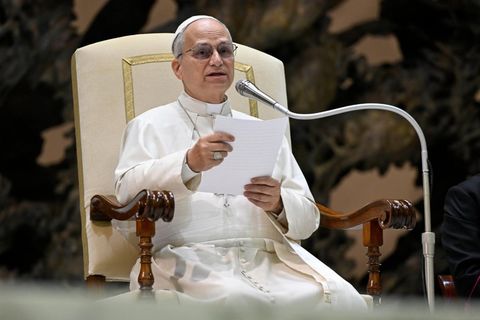Pope Francis: “When I speak of Ukraine, I speak of a martyred nation”
One of the questions of the America Magazine, S. J., journalists recently recorded an interview with Pope Francis, concerned the war in Ukraine. The Pope spoke about the efforts he made to free the prisoners. “I should like to mention that there is in these days the anniversary of the Holodomor, the genocide that Stalin committed against the Ukrainians in (1932–33). I believe it is appropriate to mention it as a historical antecedent of the [present] conflict.”
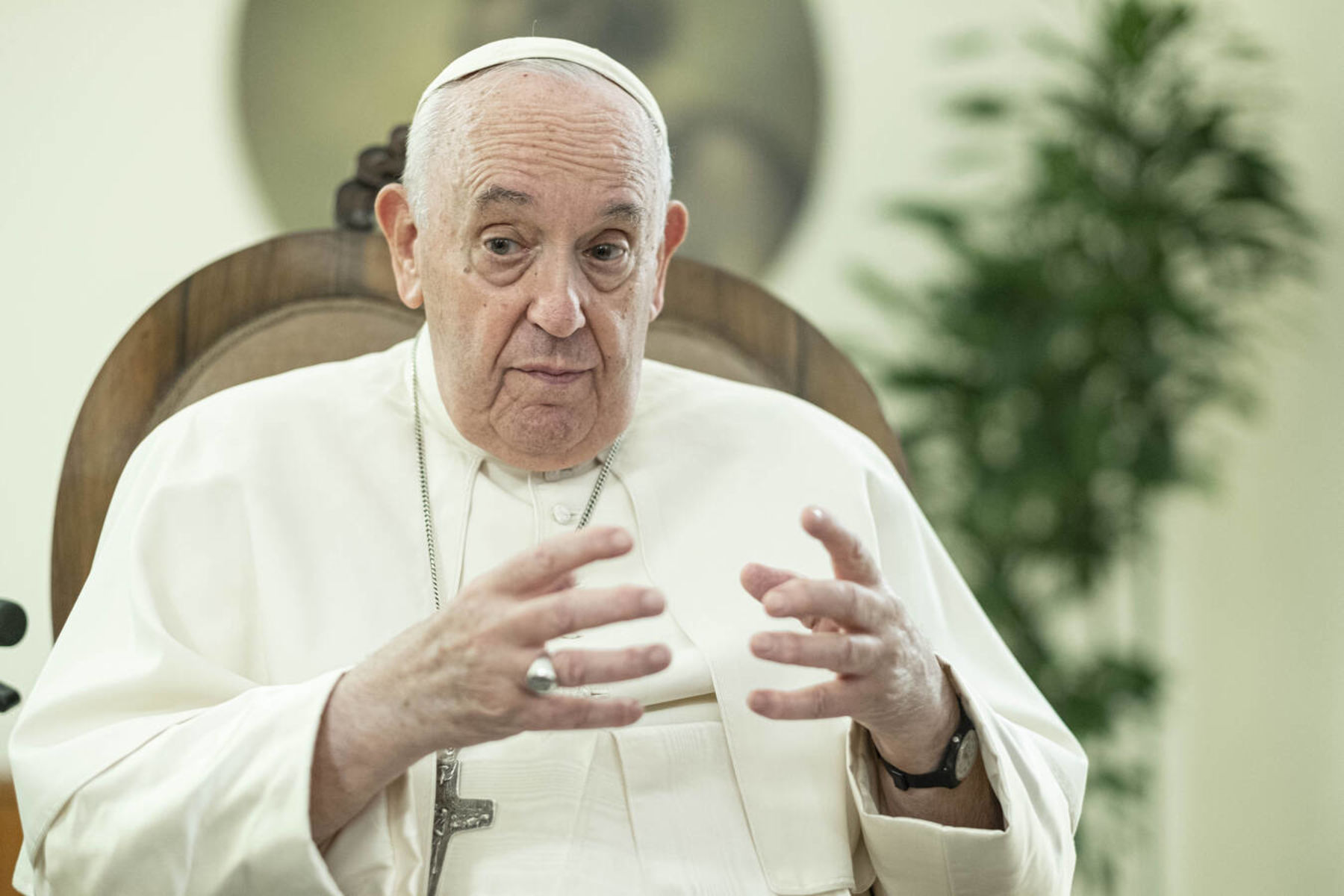
On Monday, November 28, 2022, the Jesuit monthly magazine “America” published an interview with Pope Francis on November 22 at his residence at Santa Marta at the Vatican. The five journalists discussed a wide range of topics with the pope, including polarization in the U. S. church, racism, the Vatican’s relationship with China, and the church’s teaching on the ordination of women. “How would you explain your position on this war to Ukrainians, or Americans and others who support Ukraine?” — he asked. Here is what the Holy Father answered:
”When I speak about Ukraine, I speak of a people who are martyred. If you have a martyred people, you have someone who martyrs them. When I speak about Ukraine, I speak about the cruelty because I have much information about the cruelty of the troops that invade.
Generally, the cruelest are perhaps those who are from Russia but are not of the Russian tradition, such as the Chechens, the Buryati and so on. Certainly, the one who invades is the Russian state. This is evident. Sometimes I try not to specify so as not to offend and rather condemn in general, although it is well known whom I am condemning. It is not necessary that I specify a name and surname.
On the second day of the war, I went to the Russian embassy [to the Holy See], an unusual gesture because the pope never goes to the embassy. And there I told the ambassador to tell [Volodymyr] Putin that I am ready to go on the condition that he gives me a window for negotiations. Foreign Minister [Serhiy] Lavrov sent me a formal reply, a polite letter, from which I understood that, for the time being, there was no need for this.
I spoke to President Zelensky twice [ed. — three times]. In general, I work to obtain lists of civilian and military prisoners and have these sent to the Russian government, and the response has always been very positive.
I also thought of making a trip, but I decided: if I make a trip, I will go to Moscow and Kyiv, to both places, not to one only. And I never gave the impression to think that I was covering up aggression. In this hall, three or four times, I received a delegation from the Ukrainian government. And we work together.
Why don’t I name Putin? Because it is not necessary; this is already known. However, sometimes people cling to a detail. Everyone knows my viewpoint, with Putin or without Putin, without mentioning his name.
Some cardinals went to Ukraine: Cardinal Czerny went twice; [Archbishop] Gallagher, who is responsible for [relations with] states, spent four days in Ukraine, and I received a report of what he saw; and Cardinal Krajewski went four times. He goes with his van loaded with things and spent last Holy Week in Ukraine. Hence, the presence of the Holy See with the cardinals is very strong, and I am in continual contact with people in positions of responsibility.
And I should like to mention that these days are the anniversary of the Holodomor, the genocide that Stalin committed against Ukrainians (1932–1933). So, I think it appropriate to mention it as a historical antecedent to the [current] war.”
The UGCC Department for Information
by the materials of https://www.vaticannews.va/
